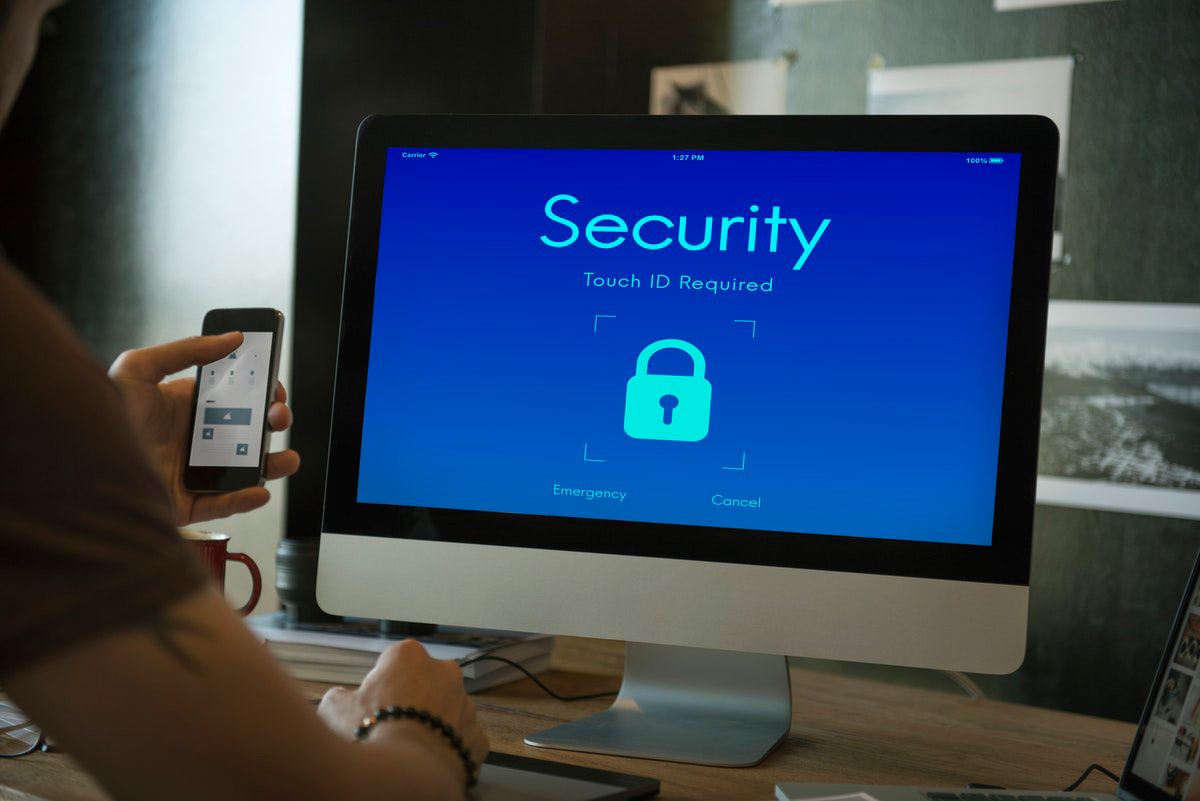Founding Your Own Company When You’re Short on Funds
8 minutes ago

As the digital landscape expands and more of your personal data becomes available digitally, it’s time to put a higher priority on internet security. People go to great lengths to make sure that physical items and information are kept safe, using locks, security systems, protection services and other means to make sure that no one can steal from them or harm their things. That same caution should also be applied to anything virtual, as well.
WiFi is one of the most important things where security is critical. Allowing someone to access your internet wirelessly opens a door wide open to your personal devices. Anything you have that connects to your internet is directly linked, allowing someone in to steal information or infect your phones, computers, television, etc. with viruses. Often times, the steps needed to keep everything safe aren’t taken after the basic installation, meaning that minimal security is left from the beginning. Here are some ways to increase your internet security.
Change the Username and Password
By default, most internet services set up a basic username and password for your WiFi. These are usually standard names for the router and a password based on your home address or phone number. This means that your internet is being protected by information that is publicly available. You should make sure to pick a much more secure password. Most experts recommend using long passwords made up of letters, numbers, and symbols to create an absurd sounding phrase.
Keep the Firmware Up-To-Date
Over time, more methods of breaking through digital security can be discovered. Due to this, internet service providers regularly update the security software for routers to better protect against these new means of malicious activity. Making sure you’re on the newest version of the software allows your router to be protected from the most recent types of attacks discovered.
Also note that sometimes routers become outdated and will no longer received firmware updates. To keep this from happening, replace them on a somewhat regular basis, typically every few years.
Place Your Router in the Center of Your House
Not only will this step ensure that your internet is more easily accessible in all rooms of your house, it will also help your security. By keeping the router nearer to the center, it’s further from the exterior of your house, making it harder to connect to your internet from outside. This ensures that strangers won’t be able to pick up a signal from a fair distance away.
Add Encryption or a Firewall
Network encryption and firewalls are two means of protection that are included in most modern routers. There are a few different types of encryption, such as WPA and WEP, and, if your router doesn’t include a firewall, it is also possible to install one.
Turn Off Your Wireless Network When You Leave
While this one may seem obvious, not many people do it. By turning your network off when you’re not currently using it, you’re further limiting the amount of time in which someone could attempt to hack your network.
All forms of securing your personal things are incredibly important, whether they are physical or not. Be aware of how you’re handling your internet security and protect your wifi from potential harm.